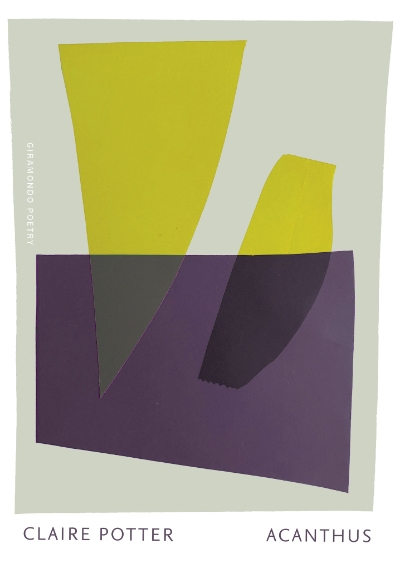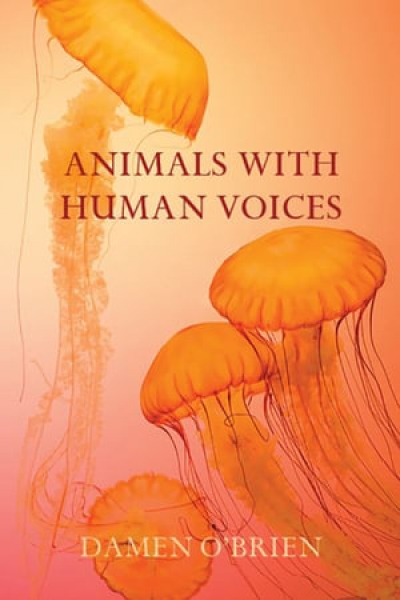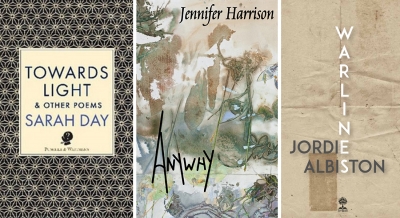Sarah Day
There’s no getting away from things. / There is driving, then walking miles / along a quiet coast on a rising tide – / with the back-of-the-mind consciousness / that in an hour or so the sea ...
... (read more)'And to the other men from Afghanistan,
and Iran and Iraq, who prepared a feast for me
one midday, years ago on my way to work,
laid the clean sheet smooth ...'
Sarah Day’s début collection, A Hunger to Be Less Serious (1987), married lightness of touch with depth of insight. In Towards Light & Other Poems (Puncher & Wattmann, $25 pb, 108 pp, 9781925780024), Day continues this project in poems concerned with light, a thing presented as both ...
... (read more)A. E. Houseman memorably said: I could no more define poetry than a terrier can define a rat. It’s not an easy matter to justify one’s decisions when faced with numerous poems from which to make a limited selection. There’s no programmatic guide to what makes a poem successful although the impact of a good poem is something we all know and recognise. ...
States of Poetry Tasmania | State Editor Sarah Day introduces the Tasmanian anthology
In this episode of Australian Book Review's States of Poetry podcast, State Editor Sarah Day introduces the Tasmanian anthology.





